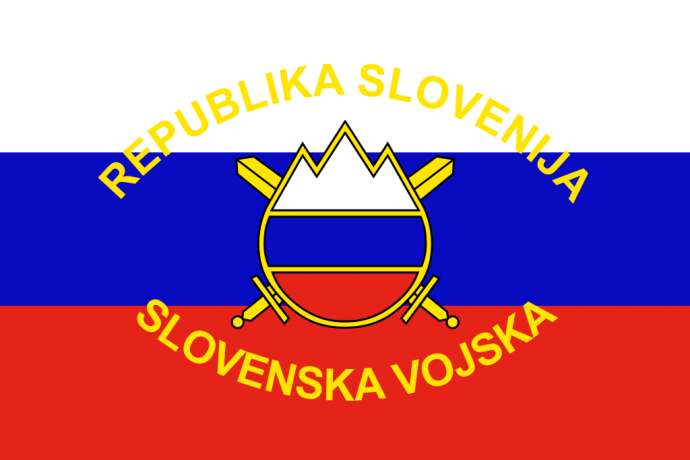STA, 20 January 2020 - Slovenia's defence budget will finally reach 2% of GDP by 2035, according to a white paper released online by the Defence Ministry on Monday. The document also shows plans for the Armed Forces to gradually grow by more than 1,500 soldiers, reaching 8,000 by 2035.
The long-awaited document shows that the military reserve force is to more than double, going from 700 today to 1,500 in 2035.
The white paper says that unless the measures foreseen attract additional force members, Slovenia will have to "reconsider the concept of the state's defence system, the scope and structure of the Armed Forces, and consider the introduction of other elements of military duty". Thus the country may think about reintroducing obligatory military duty in the future.
In terms of finance, the 2% spending foreseen in the white paper means that Slovenia would finally meet the defence funding target set by NATO in 2035. Moreover, 20% of the funds is to be spent on investments.
This year, defence spending will reach EUR 545.85 million, some EUR 40 million more than in 2019. Another increase is planned for 2021, when the defence budget is to reach EUR 561 million.
When the 2020 and 2021 budgets were discussed in parliament, Major General Alenka Ermenc, the chief of the general staff, said that additional funds planned for this year and the next will not allow a development breakthrough for the Armed Forces.
In the white paper, the ministry also wants to introduce territorial organisation of the Armed Forces and ensure that they are involved in local environments.
Moreover, a reorganisation of the military reserve force is planned. Under the plan, a part of the reserve could also be deployed on missions abroad, while the rest would be active exclusively in Slovenia and could be activated as part of the national system of protection and rescue.
The white paper also sees Slovenia becoming more resistant to cyber threats and its civil defence system strengthened.
This regards uninterrupted operation of authorities and branches of power at all levels, uninterrupted operation of public infrastructure and services, and uninterrupted energy supply, as well as ICT support and other sources vital for the functioning of the state and the security of its people.
Moreover, Slovenia is to upgrade its crisis response system, boost the use of ICT technologies in defence and create a comprehensive system for the management of cyber security in defence.
In terms of equipment, the white paper underlines the importance of cost optimisation and purchase transparency, and the possibility of joint purchasing with other countries. The paper also does not exclude the possibility of purchasing used equipment and weapons.
The document, which will not be binding, was drafted under the leadership of former Defence Ministry State Secretary Klemen Grošelj.
He left the ministry in July 2019 after being elected MEP. It took another six months before the document was made available online. Tomorrow, the white paper will be presented at the National Council.







